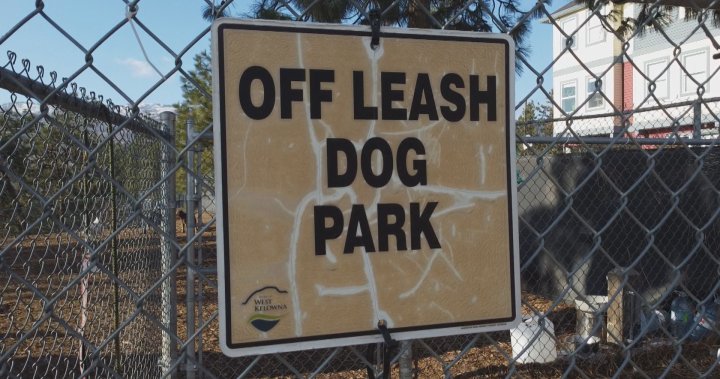The City of West Kelowna, British Columbia, recently sparked controversy by removing all tables and chairs from its public dog parks. This decision, aimed at addressing issues of owner negligence and ensuring public safety, has been met with considerable pushback from dog owners who rely on these amenities for various reasons, highlighting the complexities of balancing public space usage and accessibility. While the city plans to reinstall benches in the near future, the interim period presents significant challenges for many park users, particularly those with mobility limitations and owners of small dogs.
The city’s rationale for removing the furniture stems from concerns about dog owners neglecting their responsibilities, resulting in unsafe interactions between dogs and people. Unattended dogs and the failure of some owners to pick up after their pets have created an unpleasant and potentially hazardous environment, prompting the city to take action. By removing the furniture, they aimed to discourage extended stays and encourage more attentive supervision of pets. However, this decision has inadvertently created a new set of problems for responsible dog owners who previously utilized the furniture for rest, safety, and accessibility.
The absence of seating disproportionately affects seniors and individuals with disabilities, limiting their ability to enjoy the dog park. Doug Pylatuk, a park user with arthritis, highlights the practical difficulties of navigating the park without accessible seating. Carrying a dog, water, and personal belongings while managing a disability is already challenging, and the added burden of bringing a chair further complicates matters. This highlights a critical oversight in the city’s decision-making process, as removing the furniture inadvertently creates barriers to inclusion for a segment of the community. The lack of consideration for the needs of these park users underscores the importance of inclusive design in public spaces.
Beyond accessibility issues, the removal of tables and chairs also impacts the safety and comfort of small dogs and their owners. Katee Luckey, a small dog owner, explains how her dog uses the tables as a refuge from larger, more boisterous dogs. The elevated surface provides a safe space where her small dog can take a break from the sometimes overwhelming activity of the dog park. The absence of this elevated space increases the risk of small dogs being inadvertently trampled or intimidated by larger dogs. The furniture, therefore, served not only as a resting spot for humans but also as a crucial safety feature for smaller, more vulnerable canines.
Furthermore, the furniture provided a form of protection for senior citizens like Doug Pylatuk, who explains how sitting at a table shielded him from the energetic play of larger dogs. The barrier created by the table and chairs reduced the risk of accidental collisions and injuries, ensuring a safer experience for both dogs and people. The removal of these barriers exposes vulnerable park users to potential harm, highlighting the multifaceted role that park furniture plays in promoting safety and well-being. The city’s decision, while intended to address safety concerns, has inadvertently created new risks for certain park users.
The City of West Kelowna has acknowledged the concerns raised by residents and confirmed plans to reinstall benches in the dog parks in the near future. This response suggests a willingness to address the negative consequences of their initial decision and find a solution that balances safety concerns with the needs of all park users. While the temporary inconvenience remains, the commitment to reinstalling seating offers a glimmer of hope for a more inclusive and accessible dog park experience in the foreseeable future. However, this situation underscores the importance of careful consideration and community consultation when making decisions that impact public spaces and the diverse groups who utilize them. A more inclusive approach to problem-solving could have prevented this temporary disruption and ensured the continued enjoyment of the dog park for all members of the community.

